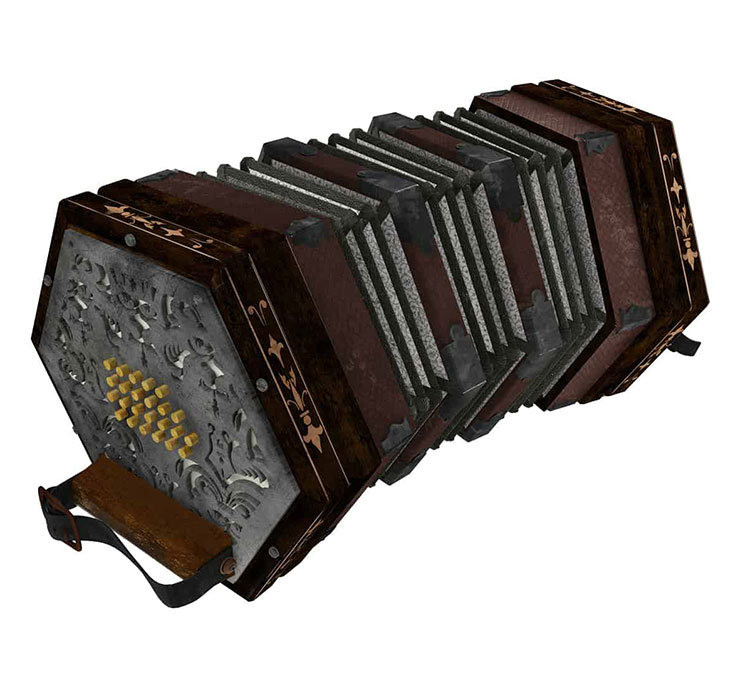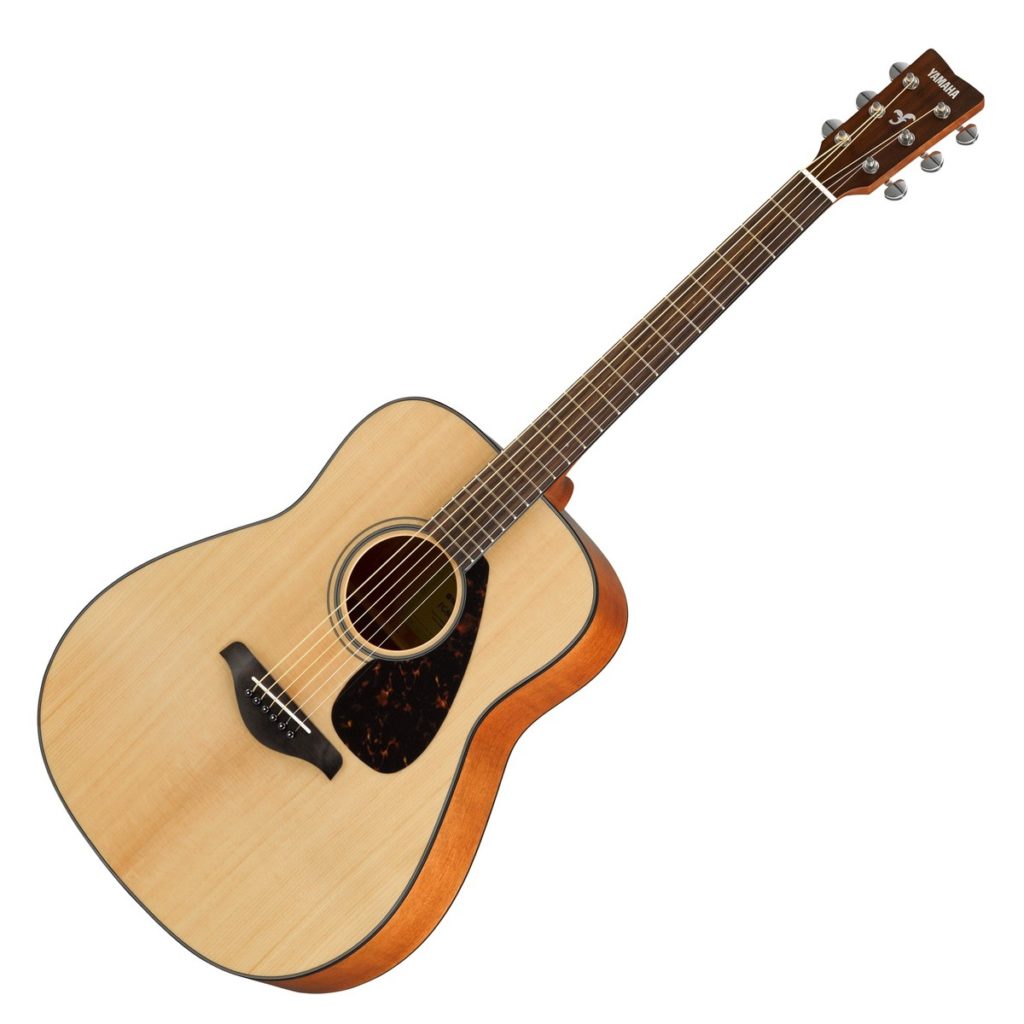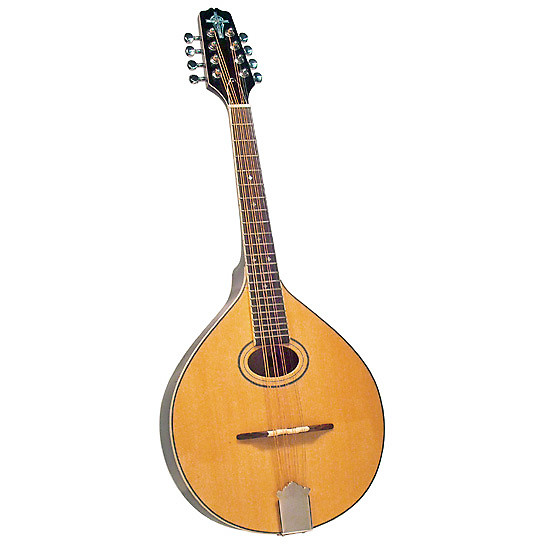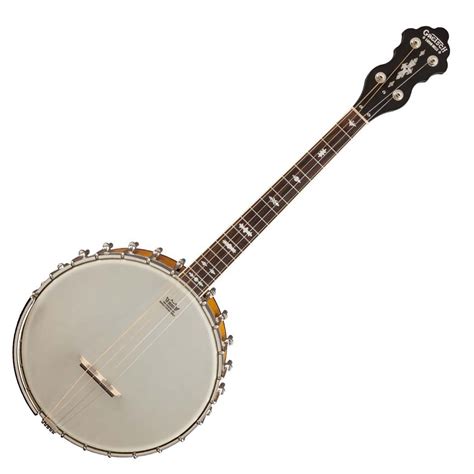Traditional Irish Instruments
Flute

The “Irish flute” is a modification of the classical flute played by European musicians until the end of the nineteenth century, when it was replaced by the silver Boehm style flute commonly known today. Irish flutes are made throughout the world and are known for the warm, rich sound.
Bodhran

The bodhran (pronounced BOW-ran) is a drum held sideways and struck with a variety of “tippers,” each with a distinctive sound. The modern bodhran is a pitched instrument, and drummers can change the sound of the drum by moving their hand across its back.
Sean Nos Dance

Sean Nos Dancing, or old-style dancing, is an older version of the more well-known “step dancing.” Similar to tap dancing, Sean Nos dancing is lower to the ground and dancers move their arms freely.
Concertina

The concertina is a free reed instrument like the harmonica or accordion. The German version, or Anglo concertina, was invented in 1834 and is the version preferred for Irish music. Contrary to the English concertina which plays one note per button the Anglo plays two notes per button, one on the push and another on the pull, giving the music a characteristic lilt.
Irish Guitar

Irish guitar is a more recent development in traditional music, especially beginning in the folk music revival of the 1960s. Used almost exclusively for accompaniment, the guitar provides a rhythmic harmony to solo instruments or a lively session.
Voice

Sean Nos Singing (or “old style” singing) is a form of unaccompanied vocal performance of songs, usually in Gaelic. Singers tell evocative stories of heroism or lost love while adding variations to the melody in ways unique to Irish culture.
Mandolin

The mandolin is an eight stringed instrument with pairs of strings playing the same note. It can be thought of as a cross between a guitar and a violin. The name comes from the Italian mano (hand) and violin. Thus it is something like a violin played by hand (with a pick) instead of bowed. Unlike the guitar, mandolins are primarily melody instruments.
4 String Tenor Banjo

The tenor banjo is similar to the commonly known five string banjo, without the fifth “drone” string. In Irish music it shares the same tuning and fingering as the mandolin and violin, but allows for different picking styles due to its having only four strings, compared to the mandolin’s eight.
Whistle

